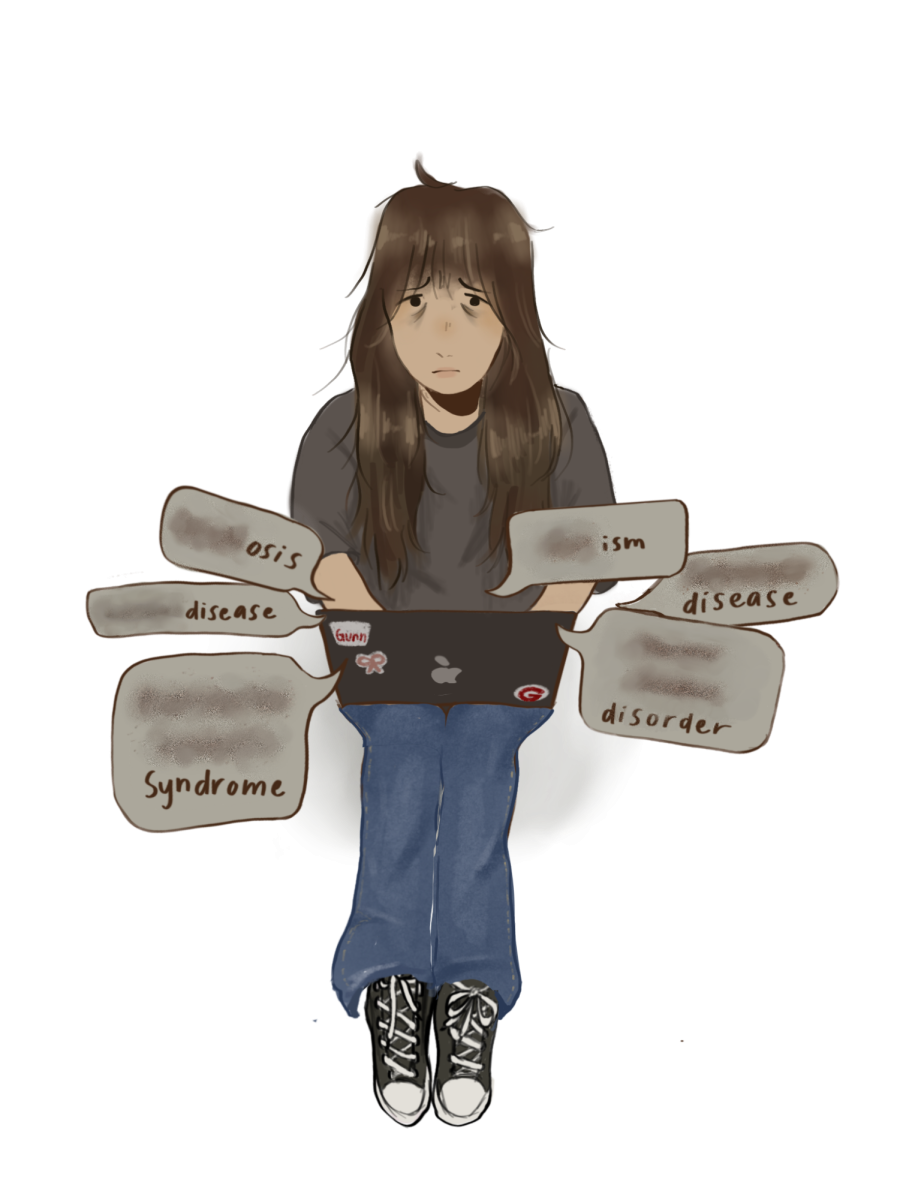When TikTok videos of preteens showcasing their product hauls from beauty store Sephora went viral in January, the tweens were met with widespread criticism. Sephora employees flocked to social media to share their experiences with young customers, recounting encounters with rude children and jumbled shelves of product.
This trend is a product of the recent growth in preteen social media presence, driven by peer pressure and a lack of parental control. Children who frequently use technology and social media prevent themselves from creating important real-life connections and developing social-emotional skills crucial for adulthood. At the same time, they risk addiction, mental health issues and exposure to harmful content.
The ages 9 through 12 bridge the early-childhood and teenage years, and comprise a vital developmental period during which the brain is sensitive to outside influences. During this period, building connections and friendships with peers is essential. According to Mount Saint Mary College psychology professor Paul Schwartz, childhood friendships help develop social skills, including respecting others’ views and understanding conversational etiquette. Friendships also help children build a support system, decreasing their stress and increasing self-esteem.
Children who frequently use social media sites, however, are less likely to build friendships and more likely to have online-only peers, as a study led by research scientist Linda Charmaraman found in 2022. These digital relationships tend to be more superficial and less personal than in-person friendships, and therefore don’t serve as a proper support network. At the same time, preteens are more likely to engage in cyberbullying, and victims are at risk of psychological complications such as anxiety and isolation.
Access to social media has also created an environment that often promotes unrealistic standards. If children believe that their physiques fall short of the artificial image they compare themselves to, for example, they are likely to develop body dissatisfaction and eating disorders, according to a 2022 study headed by research scientist David Bickham. In a 2023 study from the American Psychological Association, adolescents who reduced their social media usage by 50% for a few weeks felt significantly better about their body and appearance.
Furthermore, younger children with unrestricted internet access may stumble upon sexual or violent content, leading them to become desensitized at an early age or to seek out such content of their own accord, as the American Academy of Pediatrics found. The Academy also found that adolescents lack the ability to regulate themselves online compared to adult users.
Parents of preteens can protect their children from the adverse effects of technology usage. To reduce the impact of addictive algorithms, parents should limit their children’s time on devices and prevent them from using certain social media sites, such as Instagram and Snapchat, until they are older. Social media companies must also realize the harm their products have inflicted and revise their policies to keep younger users from accessing their apps, with stricter age verification, better screening of mature content and increased parental-control options. Ultimately, parents must work with their children to minimize the pitfalls of technology so they learn how to use it in a healthy manner.
























